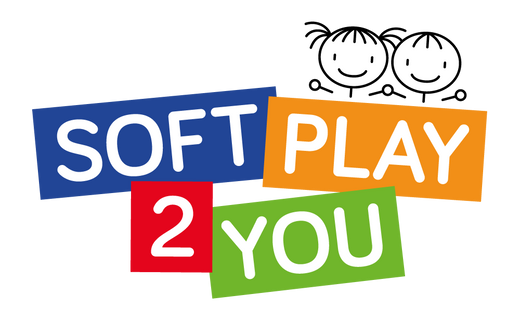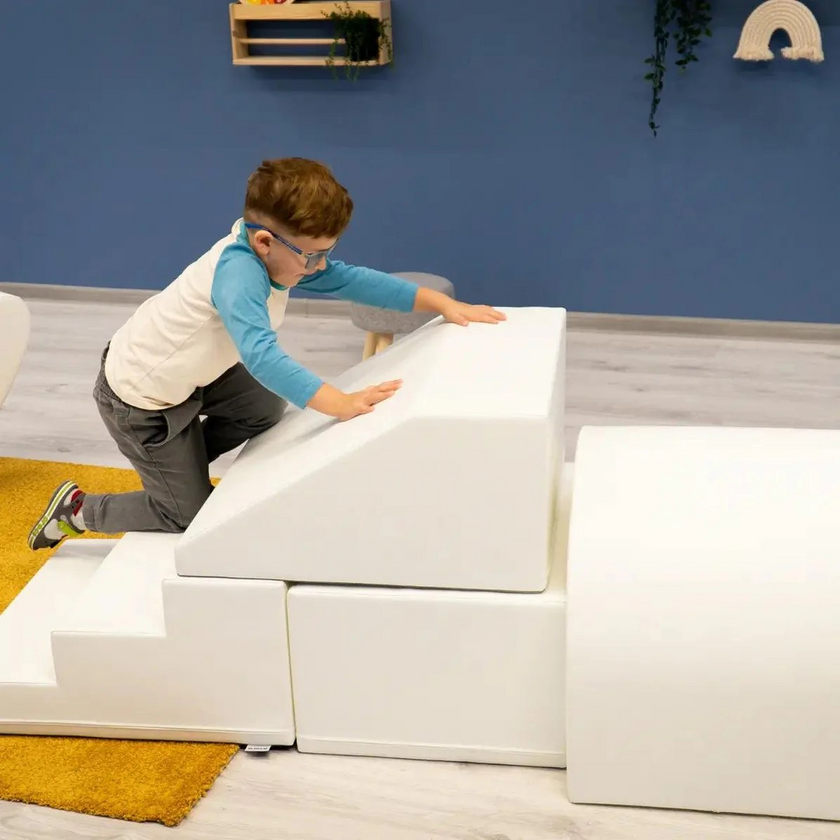What are the Developmental Benefits of Soft Play Equipment in Early Childhood?
The soft play has numerous advantages for a young child’s development. Sensory play with soft toys and equipment provides a safe and fun environment for hands-on experiences and critical skills development.
How Does Soft Play Equipment Promote Cognitive Development in Early Childhood?
When deciding on which soft play equipment to buy for your infant or toddler, consider your child’s age, developmental level, and interests. Because most infants and toddlers enjoy soft play equipment, setting up a soft play area in your home can be a great idea.
Soft play equipment provides much more than just fun. Activities that stimulate your child’s senses help them learn and process new information. They encourage the child to explore various textures, colours, and materials.
Mats, pillows, tunnels, wedges, and climbing boards promote curiosity, creativity, problem-solving, and motor skills.
One of the main reasons for soft play to buy is that soft play equipment enhances the thought processes. Namely, soft play helps kids practice their problem-solving abilities, understand cause and effect, and practice their hand-eye coordination.
The pieces of soft play can frequently be reorganised to challenge your child’s skills and development. Each time you set up new soft play equipment, your child has a chance to try new things and solve problems, which helps them become more adaptable and resilient.
Your child’s soft play area can quickly turn into a fantasy castle, a pirate ship, or any other object your child imagines. Therefore, soft play can benefit your child’s creativity, helping them engage their brain to create original solutions or come up with different stories while engaging in imaginary soft play.
Social and Emotional Development Benefits of Soft Play Equipment
Soft play equipment can increase young child’s awareness of their emotions and help with emotional expression. In addition, shared soft play promotes social interaction and encourages young children to engage in cooperative play with peers. Having fun with others encourages sharing. It helps young children learn important social skills such as perseverance and emotional control. Playing with others also helps them learn teamwork, fair play, and empathy.
Also, soft furniture can be a wonderful sitting and gathering place for children, providing a cosy and safe environment for bonding.
On the other hand, when your child plays alone with soft play equipment, they learn about autonomy, self-reliance, and self-regulation, which will help them be more independent later in life.
Finally, soft play equipment provides a sense of security. When children feel safe in their environment, they become more confident. They are more likely to engage in learning and exploration. Children lay the groundwork for future use of these skills to gain confidence in their abilities.
For young children, soft equipment play is an excellent source of entertainment. In addition, the soft play has a plethora of developmental advantages, encouraging your child to:
- Explore and learn
- Grow in confidence
- Practice problem-solving and other cognitive skills
- Become more creative
- Gain independence
- Develop essential social skills
The indoor soft play area can be tailored to your child’s unique needs, providing a safe environment for exploration and learning.

